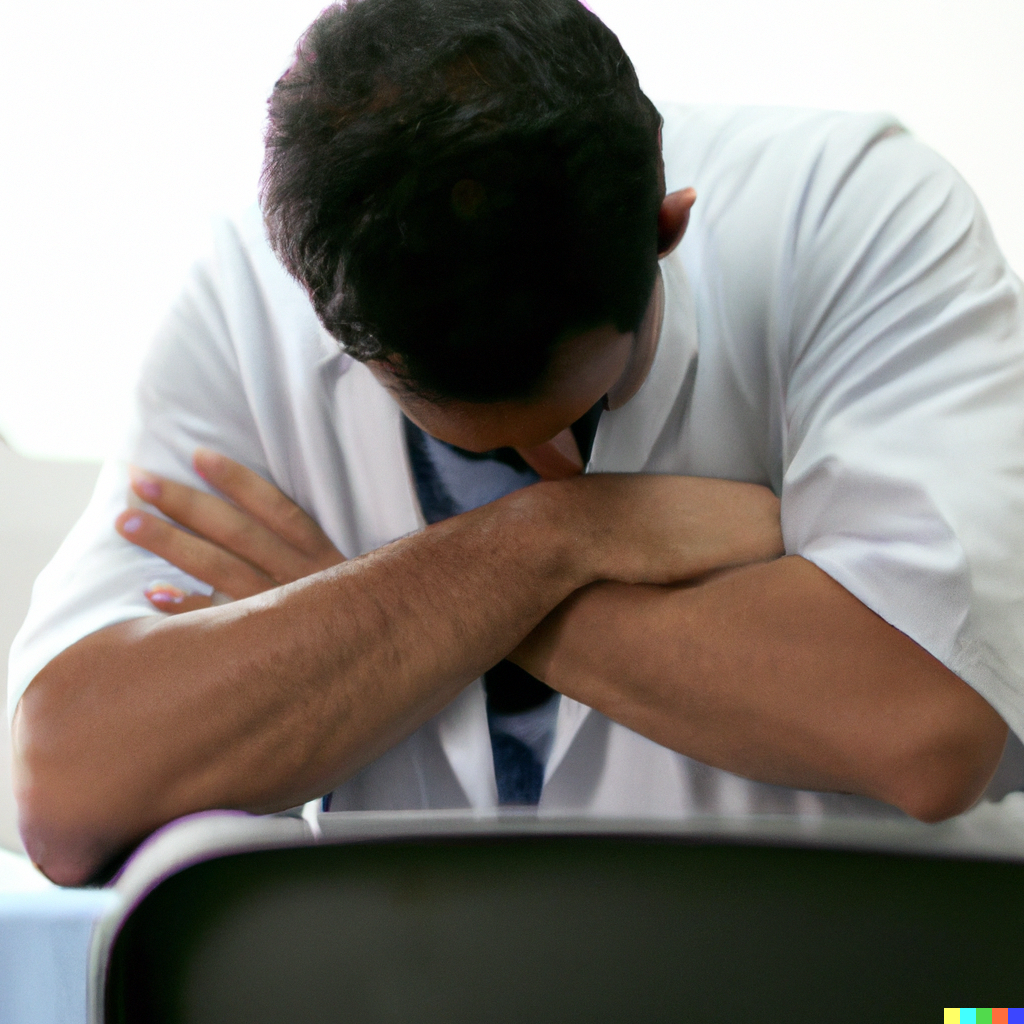-
Chlamydia Chlamydia is a bacterial infection that can infect the urethra, anus, or throat. Symptoms can include pain during urination, discharge, and pain during intercourse. Chlamydia can be easily diagnosed through a urine test or a swab of the affected area. Antibiotics are the most common treatment for chlamydia, and individuals should abstain from sexual activity until they have completed their treatment.
-
Gonorrhea Gonorrhea is another bacterial infection that can cause similar symptoms to chlamydia. It can also be diagnosed through a urine test or swab and is treated with antibiotics.
-
Genital Herpes Genital herpes is caused by the herpes simplex virus and can cause painful blisters or sores in the genital area. There is no cure for genital herpes, but antiviral medications can help to reduce the frequency and severity of outbreaks.
-
Human Papillomavirus (HPV) HPV is a viral infection that can cause genital warts or increase the risk of certain types of cancer, including cervical cancer. A vaccine is available to prevent HPV, and there are treatments available for genital warts.
-
Syphilis Syphilis is a bacterial infection that can cause a range of symptoms, including sores, rashes, and flu-like symptoms. It can be easily treated with antibiotics in its early stages but can cause serious complications if left untreated.
If you are experiencing any symptoms or believe you may have been exposed to an STI, it is important to seek medical attention as soon as possible.
Here is a list of common sexually transmitted infections (STIs) including their symptoms and treatments:
-
Chlamydia:
-
Symptoms: May include pain during urination, discharge, and pain during intercourse. In some cases, there may be no symptoms at all.
-
Treatment: Treated with antibiotics, such as azithromycin or doxycycline.
-
Gonorrhea:
-
Symptoms: May include pain during urination, discharge, and pain during intercourse. In some cases, there may be no symptoms at all.
-
Treatment: Treated with antibiotics, such as ceftriaxone or azithromycin.
-
Genital Herpes:
-
Symptoms: May include painful blisters or sores in the genital area, as well as flu-like symptoms.
-
Treatment: Treated with antiviral medications, such as acyclovir, valacyclovir, or famciclovir.
-
Human Papillomavirus (HPV):
-
Symptoms: May include genital warts or changes to cells on the cervix. In some cases, there may be no symptoms at all.
-
Treatment: A vaccine is available to prevent HPV, and there are treatments available for genital warts caused by certain strains of HPV.
-
Syphilis:
-
Symptoms: May include sores, rashes, and flu-like symptoms.
-
Treatment: Treated with antibiotics, such as penicillin, in its early stages.
-
Trichomoniasis:
-
Symptoms: May include itching, burning, and discharge in the genital area.
-
Treatment: Treated with antibiotics, such as metronidazole or tinidazole.
-
Genital Warts:
-
Symptoms: May include small, fleshy growths in the genital area.
-
Treatment: Treated with topical creams, such as imiquimod or podofilox, or with cryotherapy or surgical removal.
-
Hepatitis B:
-
Symptoms: May include fatigue, abdominal pain, and yellowing of the skin and eyes.
-
Treatment: Treated with antiviral medications, such as entecavir or tenofovir, to reduce the risk of liver damage.
-
HIV/AIDS:
-
Symptoms: May include flu-like symptoms, rapid weight loss, and frequent infections.
-
Treatment: Treated with antiretroviral therapy (ART) to slow the progression of the virus and prevent complications.
It is important to note that STIs can have serious consequences if left untreated, and early diagnosis and treatment is crucial. If you suspect you may have an STI, it is important to see a healthcare provider for proper testing and treatment. There are some less common STI’s that can be diagnosed with newer PCR techniques which are available
We encourage you to be proactive in protecting yourself and your partners by practicing safe sex and getting tested regularly for STIs. If you have any questions or concerns, please don't hesitate to contact our office. We are here to support you on your journey to better health.
For more information, please visit the following website: Sexually Transmitted Infections: Symptoms, Diagnosis & Treatment - Urology Care Foundation (urologyhealth.org







